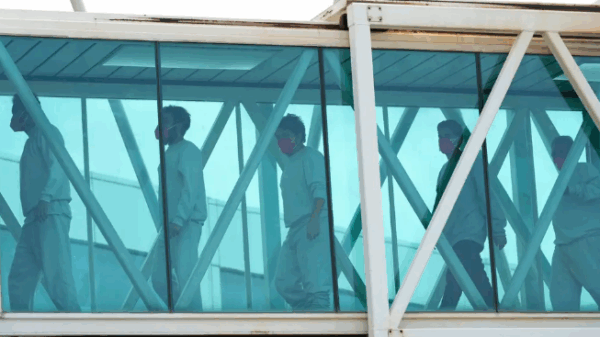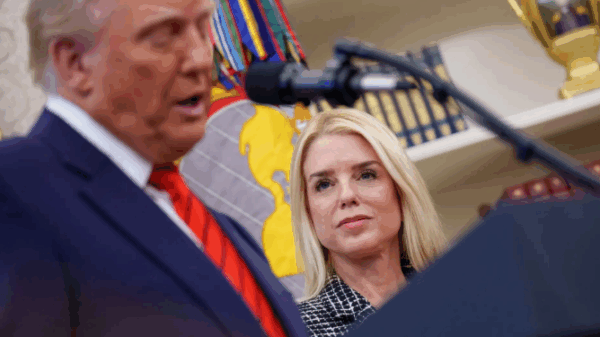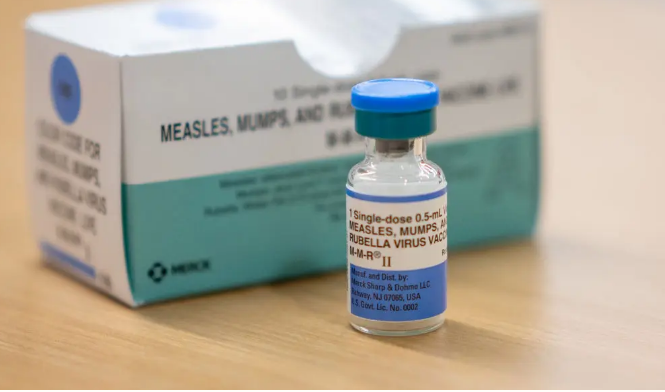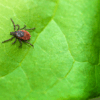A growing measles outbreak that began in Texas has now spread to at least four additional states, prompting renewed public concern and questions about vaccine protection. While the highly contagious virus is largely preventable through the measles, mumps, and rubella (MMR) vaccine, recent declines in vaccination rates have led to a sharp rise in cases.
According to the U.S. Centers for Disease Control and Prevention (CDC), there have been 800 confirmed measles cases reported in the first four months of 2025—nearly triple the 285 cases recorded in all of 2024. Alarmingly, 96% of those infected this year were either unvaccinated or had an unknown vaccination status.
Tragically, two children in Texas have died due to measles-related complications, both of whom were unvaccinated. A third fatality, an unvaccinated adult in New Mexico, is under investigation after testing positive for the virus postmortem. These are the first confirmed measles deaths in the U.S. since 2015.
Despite the rising numbers, federal health officials and medical experts emphasize that for most people, there is no need for a measles booster shot. The standard MMR vaccine, typically administered in two doses during childhood, remains highly effective. The CDC states that two doses provide 97% protection against the virus, and the immunity is considered to be long-lasting.
“The vast majority of people with two doses are protected and do not come down with measles,” said Dr. Ravi Jhaveri, a pediatric infectious disease specialist at Northwestern University and Lurie Children’s Hospital of Chicago. “We have decades of data showing that two doses are safe and effective.”
There are no current recommendations for a third MMR dose during this outbreak. However, individuals vaccinated before 1968 may need a new shot, as earlier versions of the vaccine were less effective. The CDC advises those who received the inactivated measles vaccine between 1963 and 1967 to be revaccinated with the modern live attenuated version.
While other diseases like flu and COVID-19 require regular boosters due to genetic variability, measles is more genetically stable. That means protection from the MMR vaccine remains robust for most individuals throughout life, even as they age.
“The current outbreaks are not among those who are vaccinated,” Dr. Jhaveri said. “The real concern lies with large groups of people who have not received even the first two doses. That’s where public health efforts should focus.”
Health officials continue to urge unvaccinated individuals to receive the MMR vaccine, stressing that doing so not only protects the individual but also helps prevent further spread in the community.









































